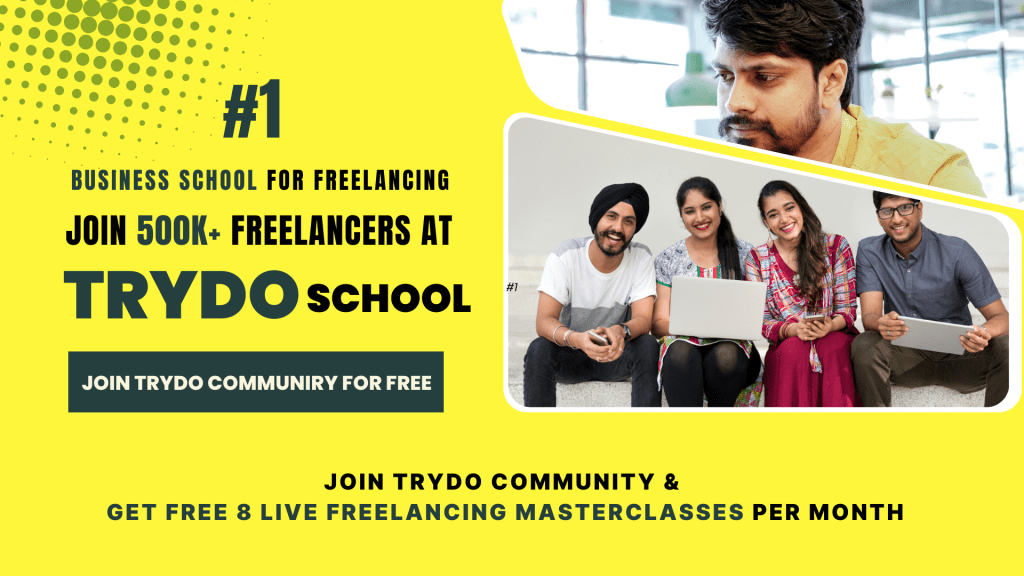Digital marketing is one of the fastest-growing industries in the world. Whether you’re looking to get a job, start freelancing, or grow your own business, digital marketing offers countless opportunities.
But before you jump in, it’s important to know the right skills to learn.
In this guide, you’ll discover the top 9 skills required for digital marketing. These are beginner-friendly, in-demand skills that companies look for in digital marketing jobs.
We’ve also included a simple framework to help you learn them step by step.
Also Read: Launch Your Digital Marketing Business
The 9 Essential Skills for Digital Marketing Beginners
| Skill | Why It Matters | Where It’s Used | Job/Freelance Scope |
| 1.SEO | Drives organic traffic from Google | Blogs, social media, and email | SEO Executive, SEO Freelancer |
| 2. Content Marketing | Engages audience with helpful content | Blogs, social media, email | Content Writer, Strategist |
| Social Media Marketing | Engages the audience with helpful content | Instagram, Facebook, LinkedIn | Social Media Manager, Freelancer |
| Paid Advertising (PPC) | Attracts leads and sales through ads | Google Ads, Meta Ads, LinkedIn | PPC Expert, Ads Specialist |
| Email Marketing & Automation | Converts leads into customers | Email tools like Mailchimp | Email Marketer, CRM Specialist |
| Analytics & Data | Tracks performance and improves ROI | Google Analytics, GSC | Digital Analyst, Optimization Expert |
| Video Marketing | Boosts engagement and builds trust | YouTube, reels, shorts | Video Marketer, YouTube Freelancer |
| CRO | Increases conversion rates | Websites, landing pages | CRO Consultant, Funnel Optimizer |
| Personal Branding & Communication | Builds your digital presence and trust | LinkedIn, Portfolio, Client Calls | Solopreneur, Agency Founder |

1. Search Engine Optimization (SEO)

Why it’s important: SEO is the foundation of digital marketing. If your content doesn’t show up on
What is SEO?
SEO is the process of improving your website’s visibility on search engines like Google. It helps you get traffic without paying for ads.
What You’ll Learn:
- Keyword Research
- On-page SEO (title tags, meta description, content)
- Off-page SEO (backlinks)
- Technical SEO (site speed, mobile-friendliness)
Tools to Learn:
Google Search Console, Ubersuggest, Screaming Frog
Example:
If you run a blog about fitness, SEO helps your articles appear when someone searches “best home workouts.”
2. Content Marketing

Content is the king of digital marketing. Content marketing is about creating helpful and engaging content to attract your target audience.
Key Skills:
- Blog writing
- Visual content creation
- Storytelling
- SEO content writing
Example:
A skincare brand is writing blog posts about “how to get glowing skin naturally” to attract readers and turn them into buyers.
Tools to Learn:
Canva, Grammarly, Surfer SEO
3. Social Media Marketing (SMM)

Social media connects businesses with their audience in real time. You need to know how to create engaging posts, run campaigns, and grow communities.
Key Channels:
- Twitter/X
What to Learn:
- Content planning
- Hashtags and trends
- Social media ads
- Analytics tracking
Example:
A freelancer using Instagram Reels to show behind-the-scenes of their work and get inbound client messages.
Tools to Learn:
Meta Business Suite, Buffer, Hootsuite
4. Paid Advertising (PPC & Social Ads)

Want fast results? Learn how to run paid ads. Paid advertising brings traffic, leads, and conversions in a short time.
Key Areas:
- Google Search Ads
- Facebook & Instagram Ads
- LinkedIn Ads
- Retargeting
What to Learn:
- Keyword bidding
- Ad copywriting
- Campaign optimization
Example:
Running Google Ads for a client who sells shoes online and driving sales through search campaigns.
Tools to Learn:
Google Ads, Meta Ads Manager, and SEMrush. Learn to create small-budget campaigns before handling bigger clients.
5. Email Marketing & Automation

Email marketing is one of the highest ROI tools in digital marketing. Learn how to send the right message to the right person at the right time.
What You’ll Learn:
- Writing effective email copy
- List building
- Email sequences
- Automation workflows
Example:
A business sends a welcome email series after someone signs up for a free ebook.
Tools to Learn:
Mailchimp, ConvertKit, ActiveCampaign
6. Analytics and Data Interpretation

Knowing how to track and analyze digital campaigns is key to improving results. If you can measure it, you can improve it.
What to Track:
- Traffic sources
- Bounce rate
- Conversion rate
- Customer behavior
What You’ll Learn:
- Reading Google Analytics reports
- UTM tracking
- A/B testing basics
Example:
You help a client identify that most traffic comes from mobile, but the desktop site performs better, so you fix the mobile experience.
Tools to Learn:
Google Analytics, Google Tag Manager
7. Video Marketing

Videos increase engagement, trust, and conversions. With the rise of reels, YouTube shorts, and TikTok, video is now a must-have skill.
What to Learn:
- Scripting videos
- Editing tools
- YouTube SEO
- Short-form content creation
Example:
Creating YouTube tutorials for your client’s software product to improve user onboarding.
Tools to Learn:
CapCut, InShot, Canva, YouTube, and editing skills can help you land clients. Start by repurposing content into reels or shorts.
8. Conversion Rate Optimization (CRO)

CRO helps convert more website visitors into leads or customers. It’s about tweaking your website or ad funnel to get better results.
Key Elements:
- CTA (Call-to-Action)
- Landing page design
- A/B Testing
- User behavior analysis
Example:
A client gets 1,000 visitors but only 10 conversions. You redesign the landing page and increase conversions to 30.
Tools to Learn:
Google Optimize, Unbounce
9. Personal Branding & Communication

This is your secret weapon. Your ability to brand yourself online and communicate clearly can help you land jobs and clients faster.
What to Build:
- LinkedIn Profile
- Digital Portfolio/Website
- Pitch messages and cold emails
- Thought-leadership content
Example:
A beginner digital marketer builds a portfolio using Notion and writes weekly posts on LinkedIn—soon clients start noticing and reaching out.
Tips to Start:
Be consistent with your online presence
Share your learning journey on social media
Use simple, clear language in pitches
How to Build These Skills (Step-by-Step Framework)
| Step | Action | Tools You Can Use |
|---|---|---|
| 1 | Choose 2–3 core skills to start | Google, YouTube |
| 2 | Take beginner-friendly online courses | Coursera, LinkedIn Learning |
| 3 | Practice by creating your own projects | Blogger, Canva, Mailchimp |
| 4 | Build a portfolio with your sample work | Notion, WordPress, Behance |
| 5 | Apply for internships, jobs, or freelance gigs | Upwork, Internshala, Fiverr |
| 6 | Keep learning and updating your skillset | Podcasts, Blogs, Masterclasses |
Bonus: Qualifications Required for Digital Marketing
Let’s address a common question: What are the qualifications required for digital marketing?
The truth is, there’s no fixed degree requirement. While a background in marketing or communications helps, companies and clients care more about skills and portfolios than academic degrees.
Here’s what really matters:
- Practical knowledge of tools
- Real-world project experience(Join our Trydo School community to know better)
- Certifications (Google, HubSpot, Meta)
- Soft skills like creativity, problem-solving, and time management
So if you’re asking, “What do I need to learn for digital marketing?”, focus on the 9 Skills Required for Digital Marketing mentioned above. Build projects, start freelancing, and keep learning.
